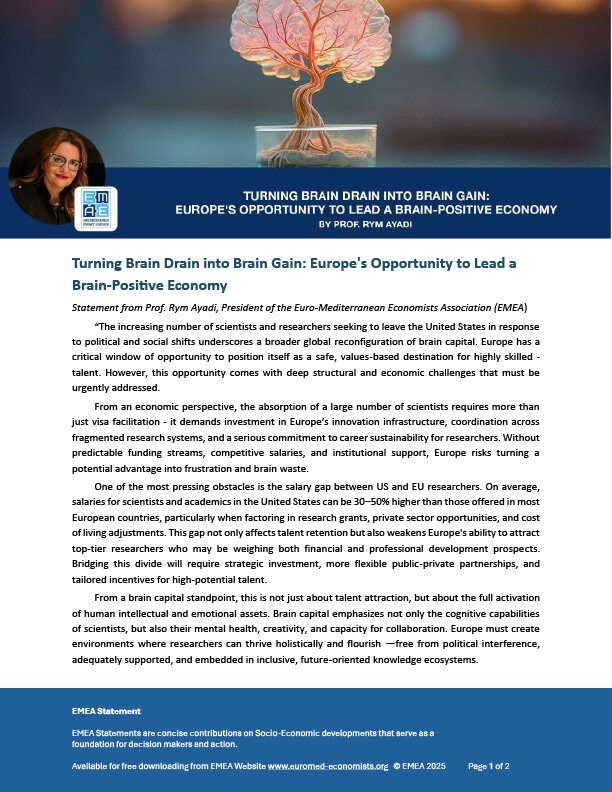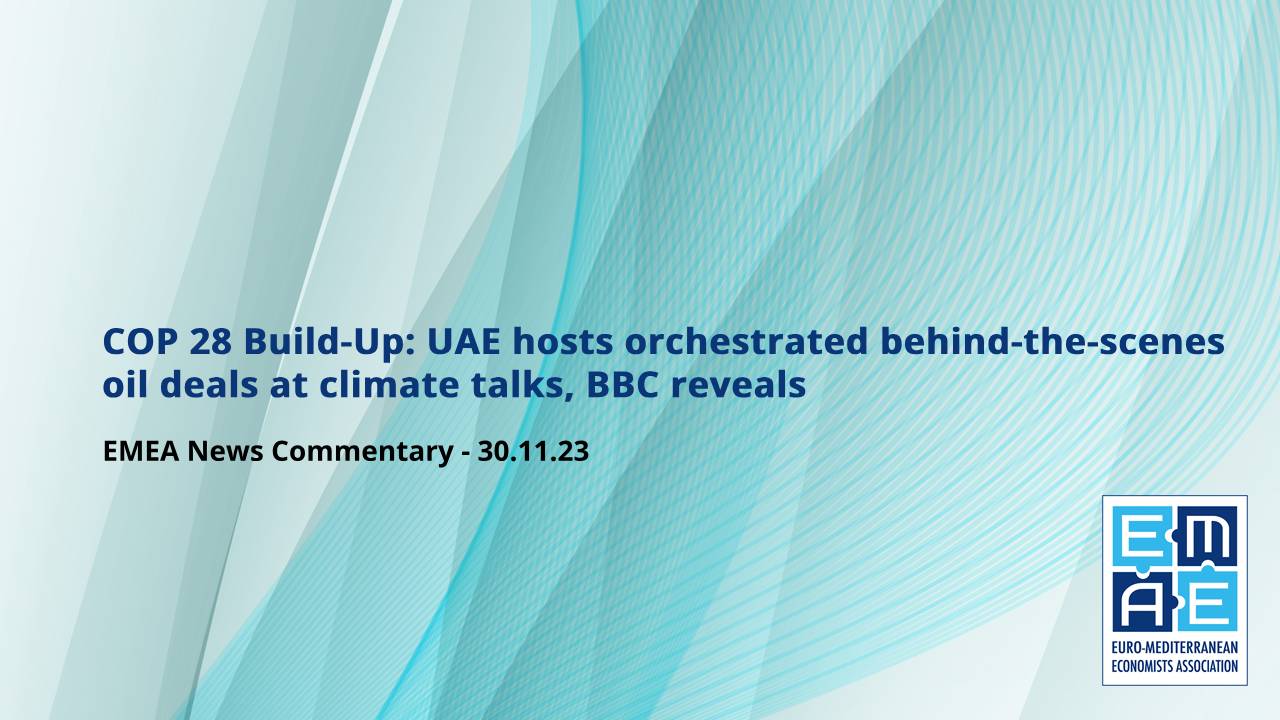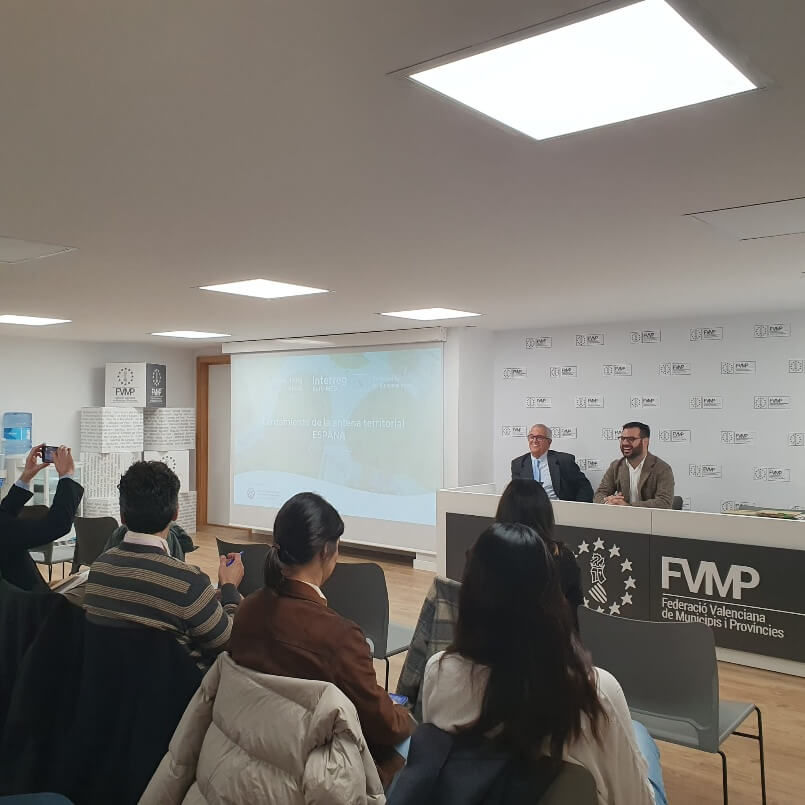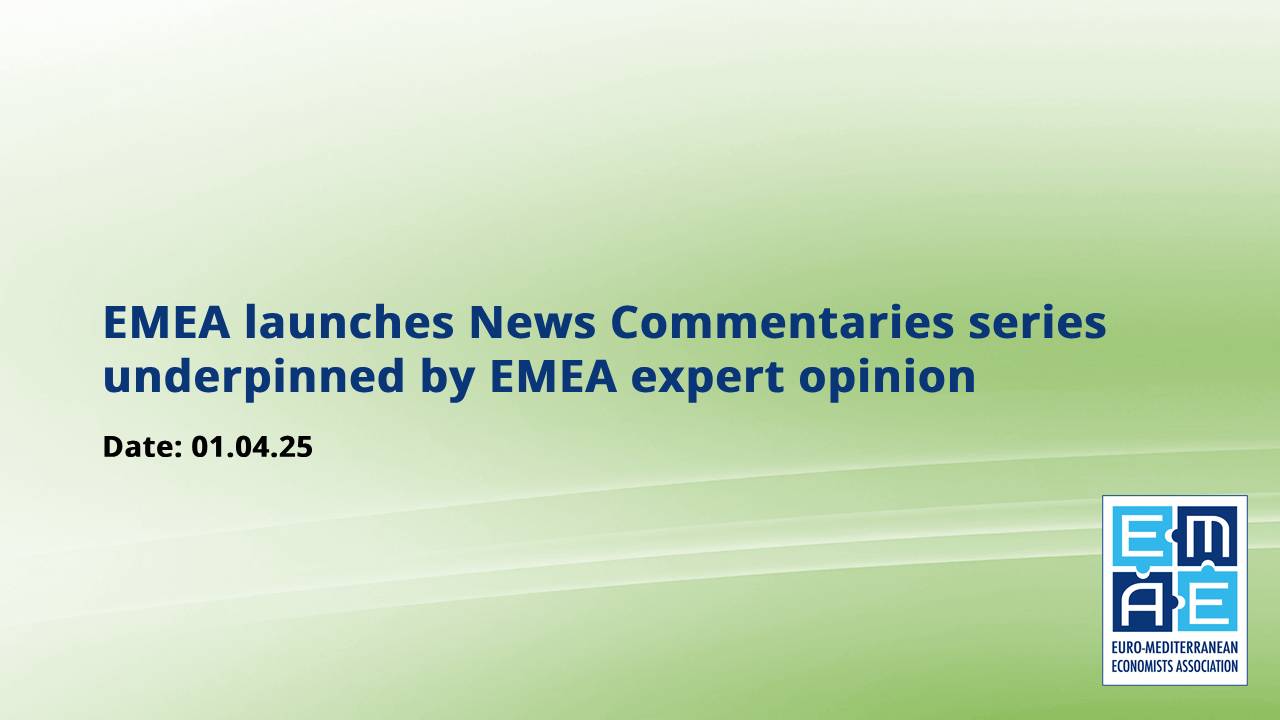Documents leaked to the BBC have revealed that the COP28 hosts, the United Arab Emirates (UAE), were planning to take advantage of their position to strike a number of oil and gas deals.
The documents showed that the UAE was looking to discuss fossil fuel projects with up to 15 nations. Some of these deals concerned new oil and gas developments – despite warnings from the International Energy Agency that no projects of this nature should be implemented, if the target of a 1.5˚C maximum increase in global temperatures was to be achieved.
The BBC said that attempts “to do business deals during the COP process appears to be a serious breach of the standards of conduct expected of a COP president.”
Whilst the UAE hasn’t denied using COP28 meetings for business talks, it said these were all concerned with “meaningful climate action.”
When the BBC’s allegations were put before the UN body with overall responsible for the Summit, the broadcaster was told the host nation was “expected to act without bias or self-interest.”
The so-called “talking points” contained in the documents were planned as part of more than 27 meetings with foreign governments. These included:
- one with China, which said that Adnoc, the UAE’s state oil company, was “willing to jointly evaluate international liquefied natural gas (LNG) opportunities” in Mozambique, Canada and Australia.
- telling a Colombian minister that Adnoc “stands ready” to support Colombia in developing its fossil fuel resources.
- Adnoc was prepared to work with Governments on creating fossil fuel projects with 13 other countries, including Germany and Egypt.
- planned discussions with 20 countries on commercial opportunities for Masdar, the UAE’s state renewable energy company, including the UK, United States, France, Germany, the Netherlands, Brazil, China, Saudi Arabia, Egypt and Kenya.
Documents prepared for COP28 President
The leaked briefing documents shown to the BBC were prepared for the COP28 president, Dr Sultan Al Jaber, who is also CEO of both the UAE’s giant state oil company, Adnoc, as well as the state renewables business, Masdar.
The documents drawn up by Adnoc and Masdar, also contained talking points to be covered with over 24 countries, including:
- The Brazilian environment minister to be approached for help “securing alignment and endorsement” for Adnoc’s bid for Latin America’s largest oil and gas processing company, Braskem. This followed a recent offer by Adnoc of $2.1bn to buy a key stake.
- Germany was to be told by Adnoc: “We stand ready to continue our LNG supplies.”
- Adnoc suggested oil-producing nations Saudi Arabia and Venezuela should be told that there was “no conflict between the sustainable development of any country’s natural resources and its commitment to climate change.”
The BBC also reported that it had seen an email exchange in which COP28 staff members were told that Adnoc and Masdar talking points “always need to be included” in the briefing notes.
The broadcaster said that it knew of at least one occasion where “a nation followed up on commercial discussions brought up in a meeting arranged by the UAE’s COP28 team.”
The COP28 team said this was “simply untrue”. The BBC also clarified that it was “not clear on how many occasions Dr Jaber and his colleagues raised the talking points in COP28 meetings with foreign governments.”
After further investigation, the BBC said that they’d had confirmation from 12 nations, including the UK, that either no discussions about commercial activities had occurred during meetings, or that the meeting hadn’t actually taken place.
UNFCCC – “obligation of impartiality”
The United Nations Framework Convention on Climate Change (UNFCCC), the UN body responsible for the climate negotiations and who set the standards by which the COP Summit acts, have stated that the “cardinal principle” for COP presidents and their teams was “the obligation of impartiality.”
The UNFCCC told the BBC that COP presidents were “expected to act without bias, prejudice, favouritism, caprice, self-interest, preference or deference, strictly based on sound, independent and fair judgement.”
Manuel Pulgar-Vidal, who headed the COP20 summit in Peru in 2014, was concerned that, if trust collapsed, it could jeopardise any progress in Dubai on tackling climate change. “If any president of the COP tries to bring a particular interest, [including] commercial interest, that could mean the failure of the COP,” he said.
The COP28 team’s actions were described as “breathtakingly hypocritical”
by Prof Michael Jacobs of Sheffield University, an expert on UN climate politics.
He told the BBC: “I actually think it’s worse than that, because the UAE at the moment is the custodian of a United Nations process aimed at reducing global emissions. And yet, in the very same meetings where it’s apparently trying to pursue that goal, it’s actually trying to do side deals which will increase global emissions.”
Last month, COP28 director-general, Majid al-Suwaidi, said the UAE’s climate summit team was “fully independent” of both Adnoc and Masdar, adding that COP28 had been “very clear about our independence” in discussions with the UNFCCC.
The COP28 team told the BBC: “The fact that Dr Sultan al-Jaber holds a number of positions alongside his role as COP28 president-designate, is public knowledge and something we have been transparent about from the outset.
“Dr Sultan al-Jaber is singularly focused on the business of COP and delivering ambitious and transformational climate outcomes at COP28,” the statement said, adding it would be a “distraction” to suggest that the work he has undertaken has not “been focused on meaningful climate action”.
COP28: UAE planned to use climate talks to make oil deals – BBC News





